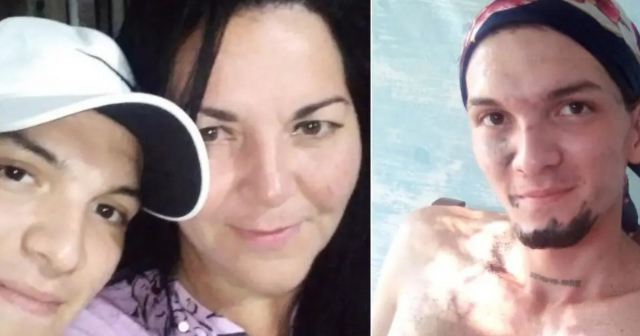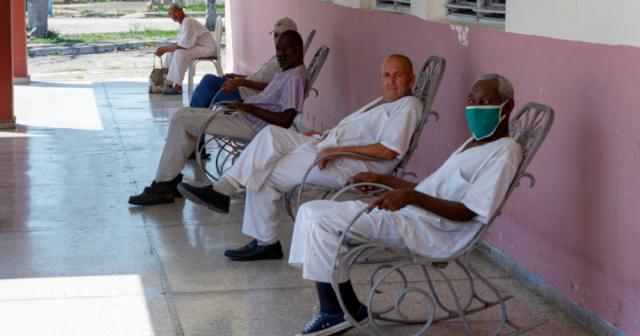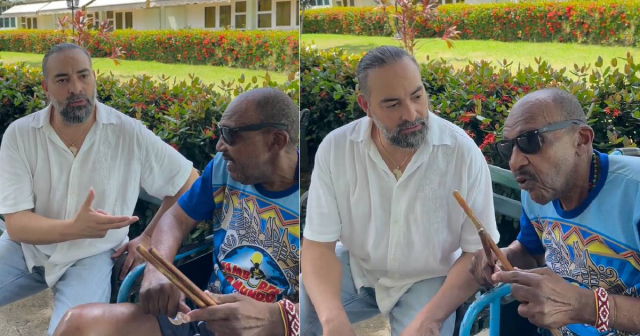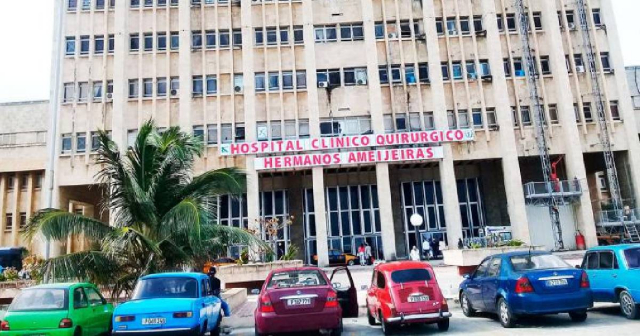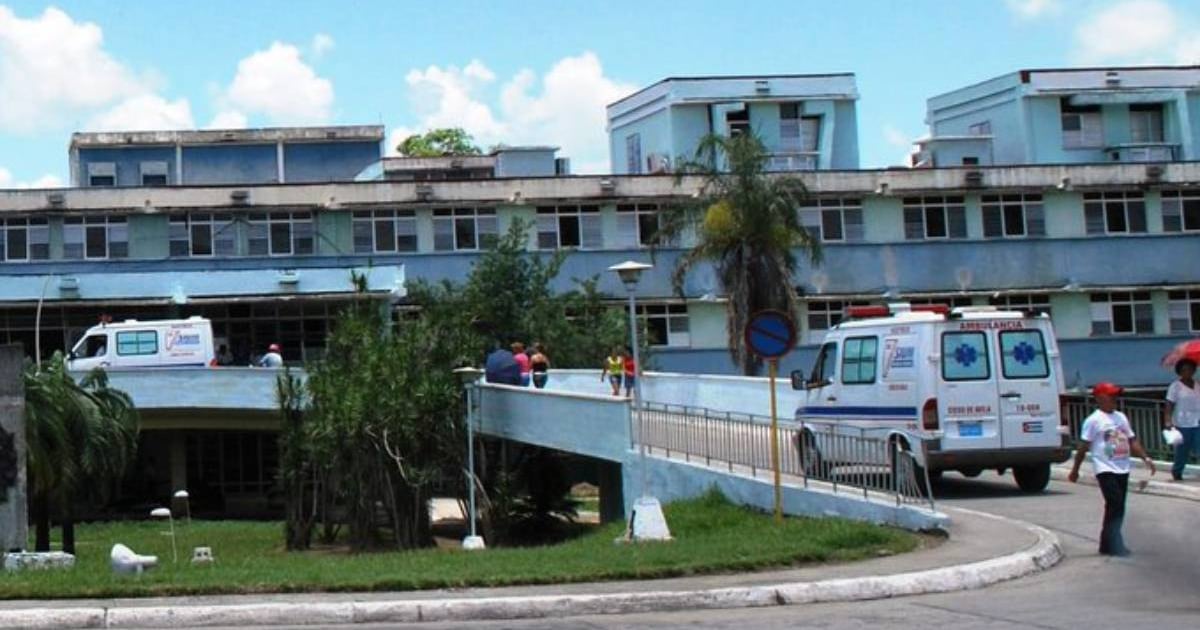
Residents of the Cuban province of Sancti Spíritus reported on Wednesday that the lack of medical staff in the Emergency consultations of the Camilo Cienfuegos Hospital has become unsustainable, especially during the nights, where patients find the consultations empty or must be attended to by residents who do not provide reliable diagnoses.
"Reaching the provincial hospital at night to see a doctor is difficult, as most consultations are empty since they are either eating or in the rooms, and you have to wait until they decide to come down," explained the patient Irina Calero Suárez, a resident of Olivos III, to the Center for Freedom of Expression and Press (ICLEP).
The problem is aggravated by the recent increase in severe dengue cases among the pediatric population of Sancti Spíritus, where the lack of adequate care can have serious consequences.
"When you arrive at the emergency room at night, you encounter two problems: that the doctor is not there, and that when you can be seen, it's a 4th or 5th-year student who has not yet graduated and cannot provide you with a reliable diagnosis of your health issue," recounted Aldo Carballo Conde, a resident of Reparto Colón.
The island faces an internal health crisis not only due to the increase of diseases that have become endemic, but also because of the departure of thousands of doctors from its healthcare system in the context of the migration crisis and the exportation of many others through the regime's missions.
In 2022, more than 12,000 doctors from the island left the Public Health System of Cuba, where the unfortunate crisis of the healthcare system has forced many doctors to leave their profession. About 7,414 nurses, 3,246 dentists, and 4,579 technicians also left.
In addition, the Cuban regime has 3,800 doctors working in Mexico and thousands more distributed across different countries as part of the brigades for which it charges large sums.
This type of "cooperation" has been criticized as a way to finance the Cuban government, which, in turn, ignores the needs of its own population.
Many question where the income generated by those missions goes, as the precarious condition of the hospitals on the island makes many Cubans prefer to stay at home rather than face the crisis in healthcare facilities and the lack of medical attention.
The official press, instead of addressing the crisis of supplies and medications in hospitals, chooses to blame the population for not seeking care, ICLEP pointed out.
What do you think?
COMMENTFiled under:

